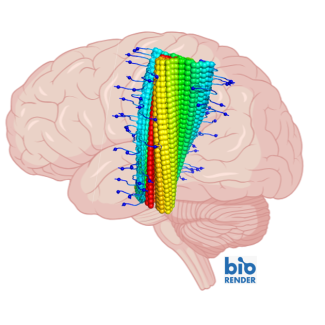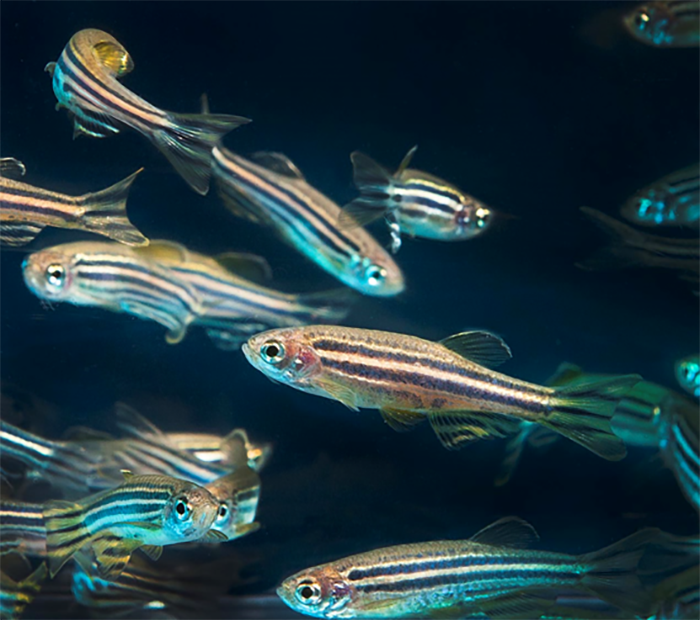
The intestine as a remedy to aging
|
|
Is it possible to extend lifespan by simply slowing the aging of an organ, such as the intestine? CNRS researchers have discovered how to extend the life expectancy of zebrafish by reactivating a gene within intestinal cells. The results were published in the journal Nature Aging on 4 May 2023.
The intestine plays a crucial role in an anti-aging approach as well as general health. Over a century ago, Elie Metchnikov observed that aging ensued from increased inflammation of the intestine and microbial infiltration within blood circulation. The more we age, the less the digestive tract serves as a barrier, allowing the undesirable particles and bacteria that cause the more rapid aging of the organism to pass through.
In a new study, Miguel Godinho Ferreira and his team at the Institute for Research on Cancer and Aging (Ircan) in Nice (CNRS/Inserm/Université Côte d’Azur) have studied the impact on aging of telomere length in the intestinal cells of zebrafish. As with humans, these chromosome extremities shrink faster in the intestine than in other organs during the course of a life, which is why this process plays such an important role in aging.
Scientists inserted a DNA fragment within zebrafish that enabled intestinal cells to produce the enzyme responsible for lengthening telomeres, telomerase. They then observed the slowing not only of the organ’s decline, but also and especially that of the entire organism. This phenomenon regenerates the fertility and general health of individuals during the normal aging process, and increases lifespan with no associated risk of developing cancer.
The proximity between telomere length among zebrafish and humans opens prospects for counteracting aging. Researchers are simultaneously studying the pathologies associated with shrinking telomere length, including cancer as well as neurodegenerative, immune, and gastrointestinal diseases.

© Oregon State University/Wikicommons
Telomere elongation in the gut extends systemic healthspan of zebrafish. Mounir El Maï, Malia Bird, Asma Allouche, Seniye Targen, Naz Şerifoğlu, Bruno Lopes-Bastos, Jean-Marie Guigonis, Da Kang, Thierry Pourcher, Jia-Xing Yue, Miguel Godinho Ferreira. Nature Aging, 4 may 2023.


